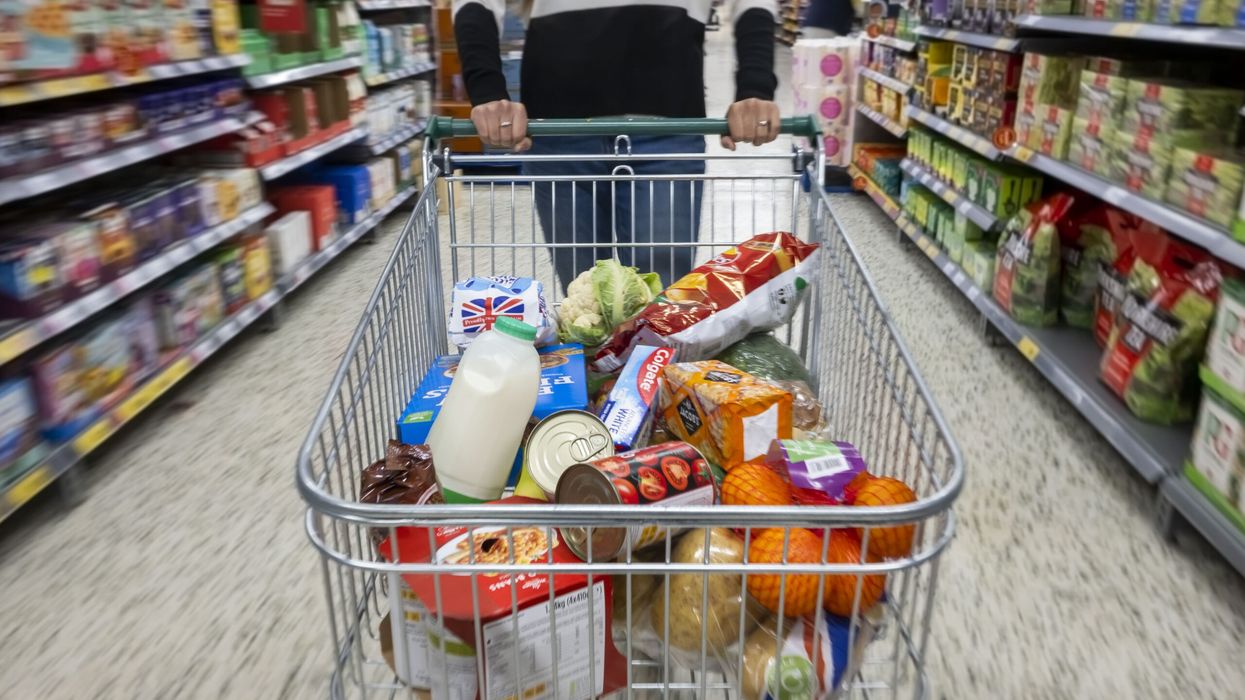Britain's economy experienced its most substantial growth in almost three years during the first quarter of 2024, marking the end of the recent recession.
The Office for National Statistics (ONS) reported a 0.6 per cent expansion in gross domestic product from January to March, the highest since late 2021.
Analysts had predicted a 0.4 per cent growth, following a 0.3 per cent contraction in the previous quarter.
Prime minister Rishi Sunak welcomed the news, stating the economy had "turned a corner," while the opposition Labour Party criticised the government for being out of touch with voters' economic realities.
Finance minister Jeremy Hunt said, "There is no doubt it has been a difficult few years, but today’s growth figures are proof that the economy is returning to full health for the first time since the pandemic."
"We're growing this year and have the best outlook among European G7 countries over the next six years," he said.
This news came just one day after the Bank of England kept its main interest rate at a 16-year high, projecting a 0.4 per cent growth for the first quarter and a smaller 0.2 per cent increase for the following quarter.
"After two quarters of contraction, the UK economy returned to positive growth in the first three months of this year," said ONS Director of Economic Statistics Liz McKeown.
"There was broad-based strength across the service industries with retail, public transport and haulage, and health all performing well," she said.
Following the announcement, the British pound strengthened against the US dollar. Monthly growth in March surpassed expectations, with a 0.4 per cent expansion compared to the forecasted 0.1 per cent.
Despite the positive news, the UK still lags in its recovery from the pandemic. By the end of the first quarter of 2024, the economy was only 1.7 per cent larger than its pre-pandemic level, with Germany being the only G7 nation with a slower recovery rate.
(Agencies)





